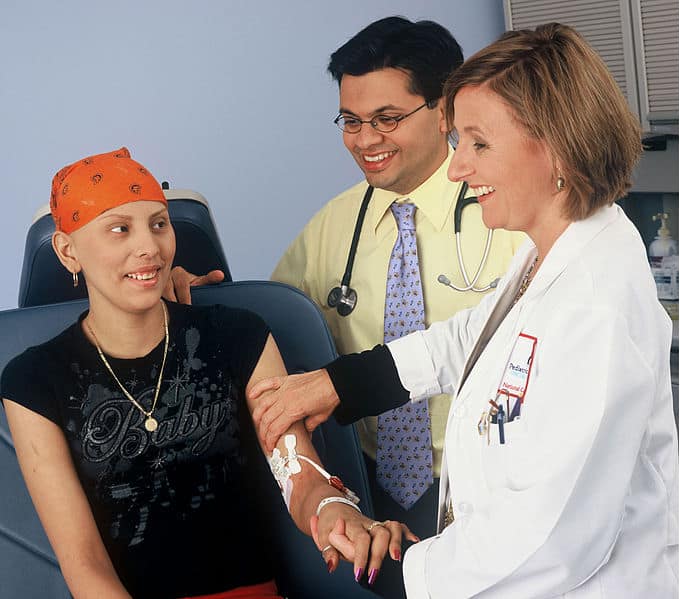The Coleman Foundation Announces Fourth Quarter 2019 Cancer Care and Health Rehabilitation Grants

In the fourth quarter of 2019, the Coleman Foundation approved grants totaling $1,991,500 to non-profit organizations in support of cancer care and health rehabilitation programs. Receiving grants in this program area are:
$500,000 – Community Health Worker Program
JourneyCare plans to develop and launch a Community Health Worker (CHW) program to provide education, outreach and support to patients in resource-constrained areas of Cook County. By utilizing CHWs, JourneyCare will be better positioned to expand in the communities it serves. As a member of the clinical team, the community health workers will build relationships with patients where there may be lack of trust of health care and/or lack of understanding of palliative and hospice care. A community health worker is a trusted, lay person from within the patient’s community that can help families navigate options for care, and address concerns throughout the journey – enabling patients to make better informed decisions.
Metropolitan Chicago Breast Cancer Task Force, a/k/a Equal Hope, IL
$600,000 – Eliminating Cervical Cancer in Chicago
Through this project, Equal Hope will establish an evidence-based set of programs to understand the landscape of care, establish a navigation program, and understand the incidence of cervical cancer and mortality across Chicago. There are four aspects where intervention makes a significant difference in cervical cancer care: vaccination, screening, diagnosis and treatment. Equal Hope will conduct outreach activities, develop educational materials, and social media to increase awareness of cervical cancer and the vaccination against the virus, which renders cervical cancer as 100% preventable. Equal Hope will collaborate with a variety of organizations to help increase vaccinations as recommended by the Federal Drug Administration (FDA).
The Supportive Oncology Collaborative for Adolescents and Young Adults (AYA) Program includes awards to four institutions:
Advocate Health and Hospital Corporation, IL – $150,000
Northwestern University, IL — $475,500 – Grant Management and Administration
Rush University Medical Center, IL — $103,000
University of Chicago Medical Center, IL — $163,000
The Supportive Oncology Collaborative for Adolescents and Young Adults (AYA) program is designed to bridge the gap between the Coleman Supportive Oncology Collaborative (CSOC) for Adults and the Coleman Supportive Oncology Collaborative for Children (CSOC-CC). The AYA Collaborative will aim to utilize the elements (tools, resource, methodology and clinician training) developed for adults and children and adapt them to the unique needs of adolescents and young adult patients based on life stage, emotional state, physical needs, and various other factors.
In addition, oncology teams will adapt the 4R Oncology Model for adolescents and young adults. The 4R Patient Care Sequences utilizes a methodology to create plans for the whole episode of cancer care, which is intended to assist the clinical team and empower the patient to understand and improve self-management; manage timing and sequencing of supportive care across specialties; and engage caregivers/family with the oncology team. The focus of the Patient Care Sequences is to incorporate multiple factors and target the supportive needs of AYAs based on where they are in their cancer journey.
A challenge for AYA patients in the care continuum is bridging treatment and services among oncology, psychology, and social work. To more effectively bridge services, clinicians from both pediatric and adult cancers are expected to participate in the effort at their site and on the Design Working Team. The Design Working Team will also include AYA patient advisors, and AYA patient advocates. The Design Working Team will adapt tools for AYA patients, based on life stage, starting work or family; revise training to support process improvements; and address issues encountered by participating site. Participating sites will test and implement tools, resources and staff training. In addition, each site is expected to participate in collection of deidentified patient level clinical data based on the metrics agreed upon by the working team(s). The data will be assessed and used to improve service delivery to AYA cancer patients.

